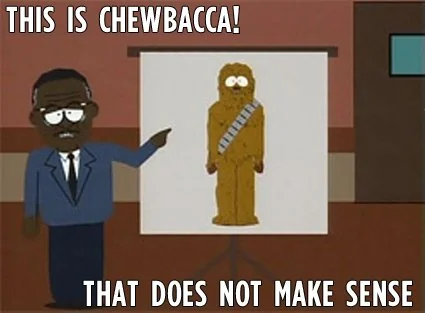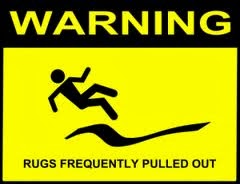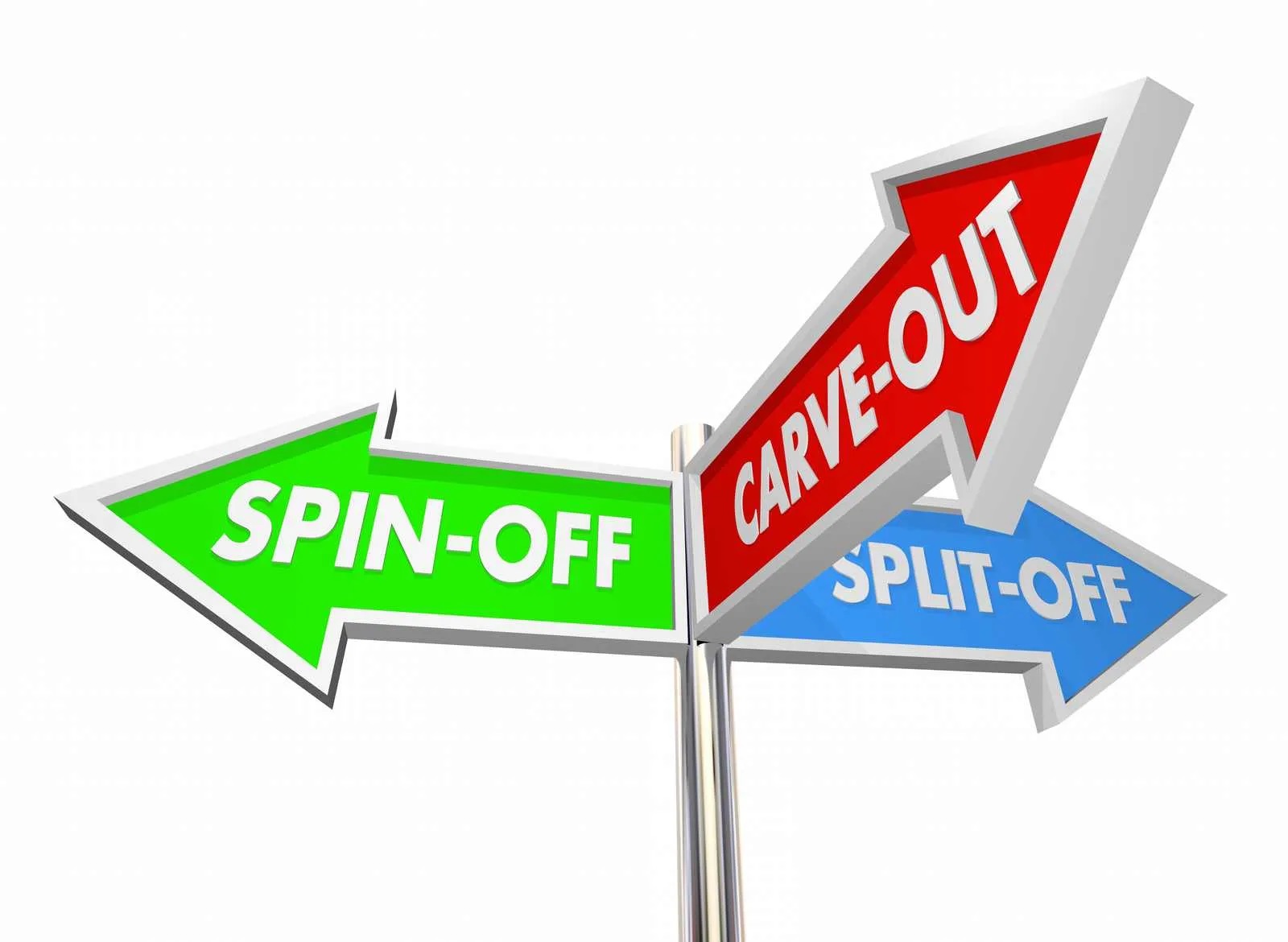
“Chewbacca Defenses” Discussed at IPWatchdog Patent Masters
IPWatchdog’s Patent Masters kicks of tomorrow with a host of interesting topics spanning multiple days of programming. The sole PTAB segment will be conducted on Wednesday at 10:30AM (EST) entitled: Decoding PTAB Institution: A Return of PTAB Discretionary Denials and will explore the new legislative “discretionary” practices of the PTAB (i.e., Chewbacca Defenses) that…well…do not make sense!
Join me and my co-panelists as we try to make sense of the new practices.
Register here (in person only – video segment posted on IPWatchdog after the program)







